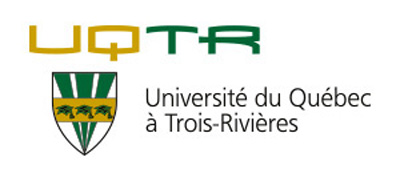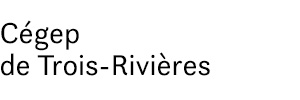Related projects
Discover more projects across a range of sectors and discipline — from AI to cleantech to social innovation.
Mitacs brings innovation to more people in more places across Canada and around the world.
Learn MoreWe work closely with businesses, researchers, and governments to create new pathways to innovation.
Learn MoreNo matter the size of your budget or scope of your research, Mitacs can help you turn ideas into impact.
Learn MoreThe Mitacs Entrepreneur Awards and the Mitacs Awards celebrate inspiring entrepreneurs and innovators who are galvanizing cutting-edge research across Canada.
Learn MoreDiscover the people, the ideas, the projects, and the partnerships that are making news, and creating meaningful impact across the Canadian innovation ecosystem.
Learn MoreThe IISD-Experimental Lakes Area is currently examining the effectiveness of minimally invasive shoreline methods for cleaning spilled oil. Non-invasive methods are needed to eliminate disturbance to sensitive riparian areas that occur with typical cleanup operations. Non-invasive methods protect sensitive shoreline habitats by minimizing physical contact and they can also speed oil removal after a spill and restore ecosystems more effectively. This project specifically seeks to enhance the capacity of naturally occurring microorganisms to degrade oil by optimizing the application of Engineered Floating Wetlands (EFWs) in near shore environments. Optimizing the effectiveness of this approach provides a real-world, genomics-enabled solution to a potential ecosystem threat that may be superior to other minimally invasive oil spill remediation methods being tested by the IISD-ELA program (i.e. shoreline washing, Monitored Natural Recovery, nutrient addition). TO BE CONT’D
David B Levin;Mark Hanson;Valerie Langlois
Madeline Stanley;Sonya Michaleski;Aidan Guttormson;Jose Luis Rodriguez-Gil
IISD Experimental Lakes Area Inc
Engineering - other
Accelerate
Discover more projects across a range of sectors and discipline — from AI to cleantech to social innovation.
Find the perfect opportunity to put your academic skills and knowledge into practice!
Find ProjectsThe strong support from governments across Canada, international partners, universities, colleges, companies, and community organizations has enabled Mitacs to focus on the core idea that talent and partnerships power innovation — and innovation creates a better future.













































































































































































































































































































